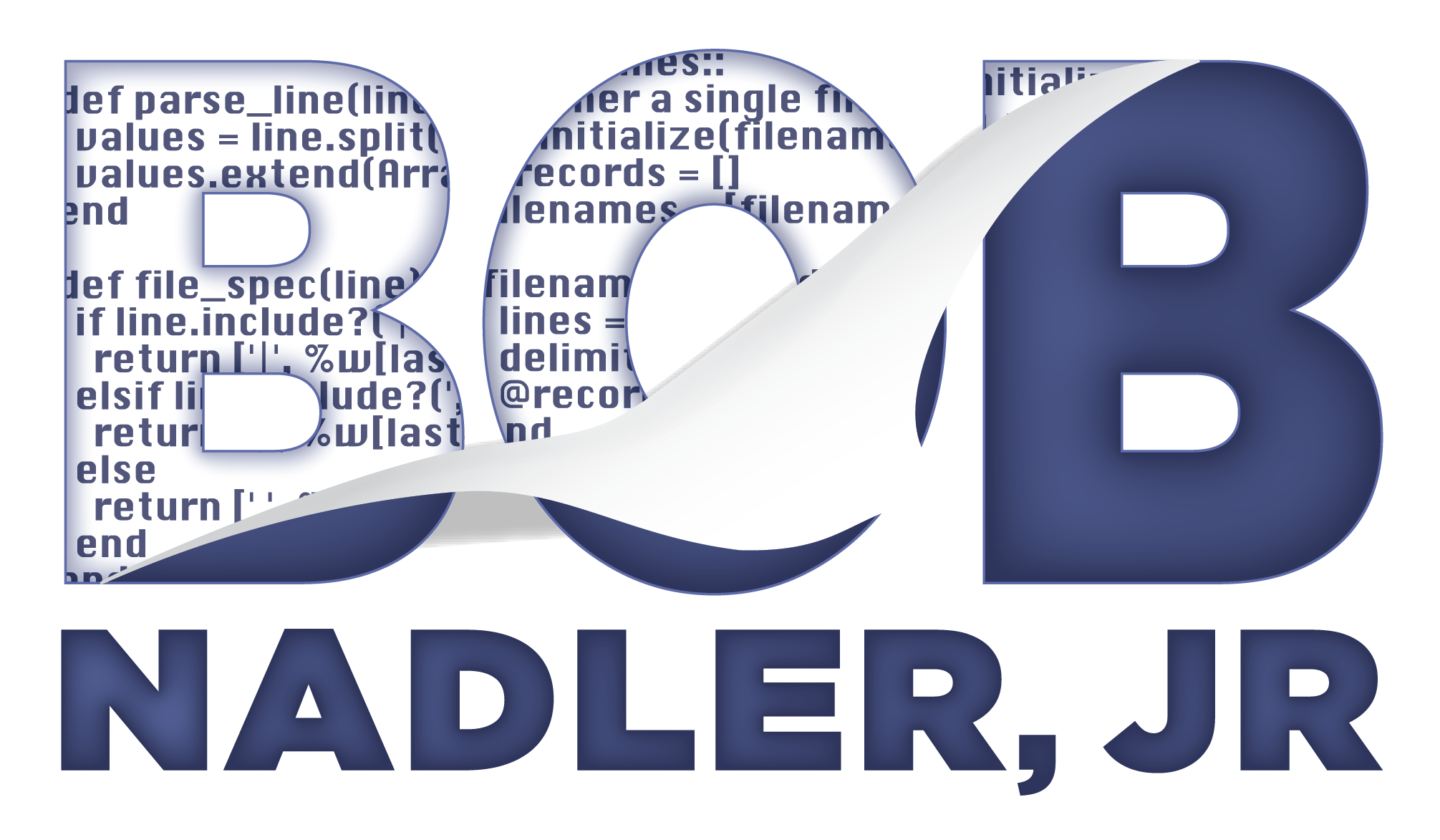
I recently purchased a beta version of Eric Normand’s Intro to clojure.test screencast. In it, he demonstrates how to use the use-fixtures function to set up and tear down state for tests. The function can be used for :each test run, or :once. For example:
(ns myapp.db-test
(:require [clojure.test :refer :all]
[myapp.db :as db]
[myapp.migrations :as migrate))
(def database-url "jdbc:postgresql://localhost/myapp_test")
(use-fixtures
:once
(fn [f]
(migrate/-main database-url) (f)))
The above code sets up a fixture that will be run once for the namespace. In this case, it will run our database migrations.
While working on a Clojure side project recently, I needed a way to reset a database to a known state after each test was run. Since I was using Clojure’s JDBC library, I knew that I could use transactions, and have each test roll back their changes. This is where use-fixtures and its :each option comes in handy.
(ns myapp.db-test
(:require [clojure.test :refer :all]
[clojure.java.jdbc :as jdbc]
[myapp.db :as db]
[myapp.migrations :as migrate))
(declare ^:dynamic *txn*)
(def database-url "jdbc:postgresql://localhost/myapp_test")
(use-fixtures
:once
;; same as above)
(use-fixtures
:each
(fn [f]
(jdbc/with-db-transaction
[transaction database-url]
(jdbc/db-set-rollback-only! transaction)
(binding [*txn* transaction] (f)))))
Using the above setup, any tests in the myapp.db-test namespace will be executed in the context of a transaction. Regardless of whether the test passes or fails, changes to the database will be rolled back. For a more complete example, check out a web app I’ve been building to learn more about Clojure.
